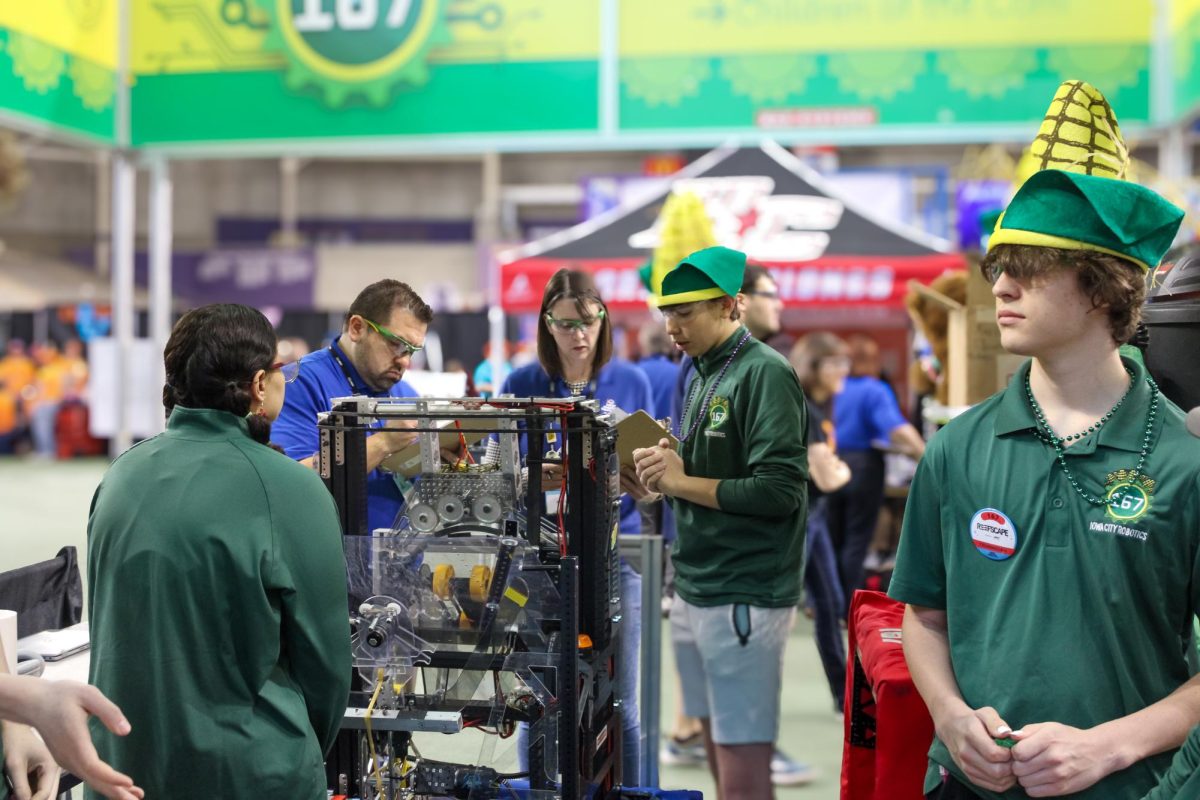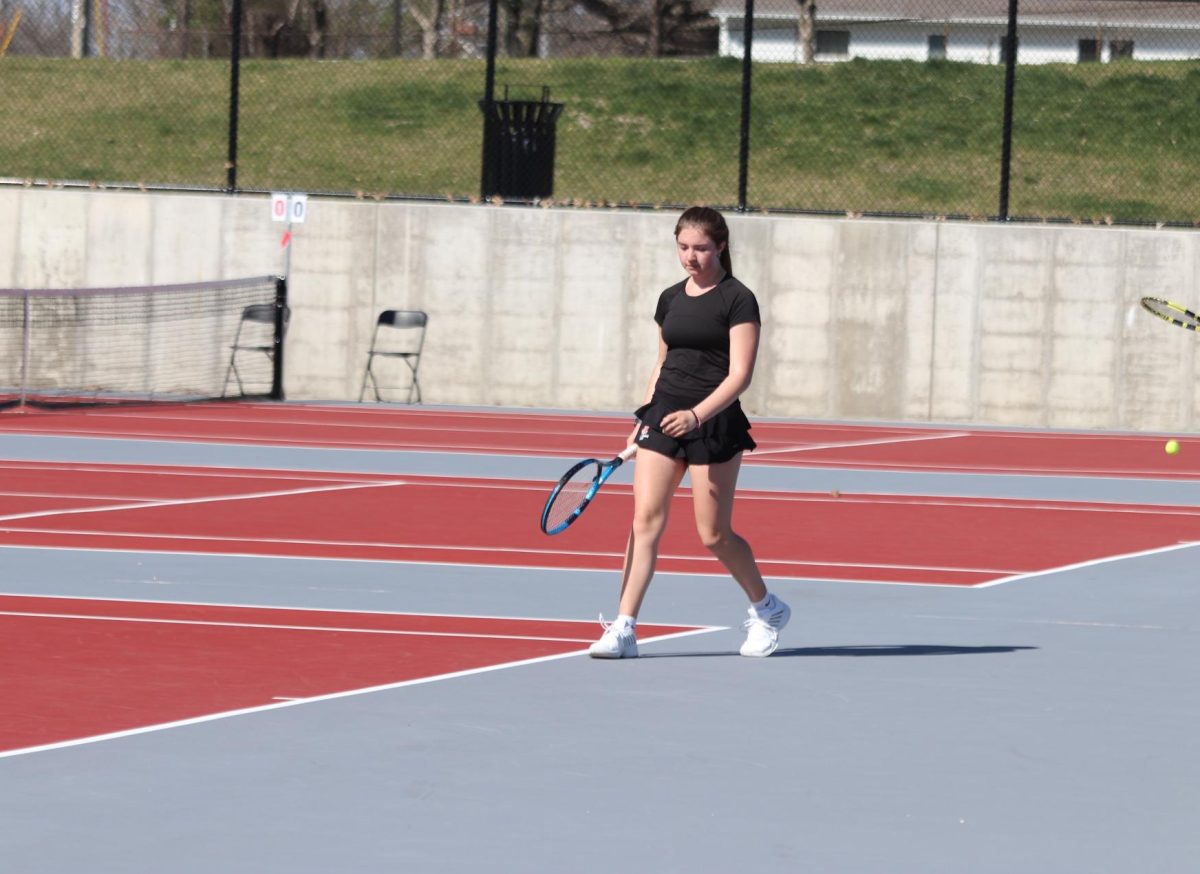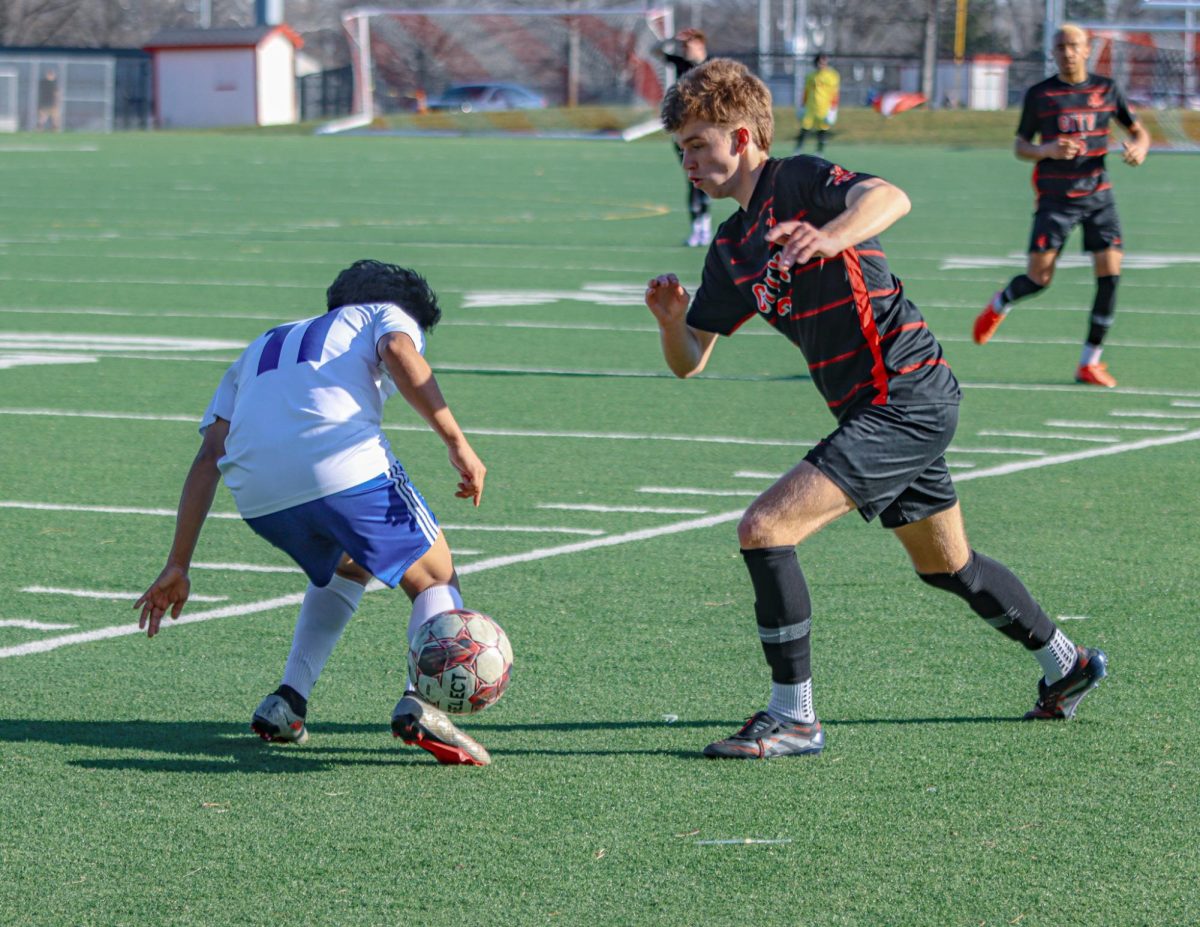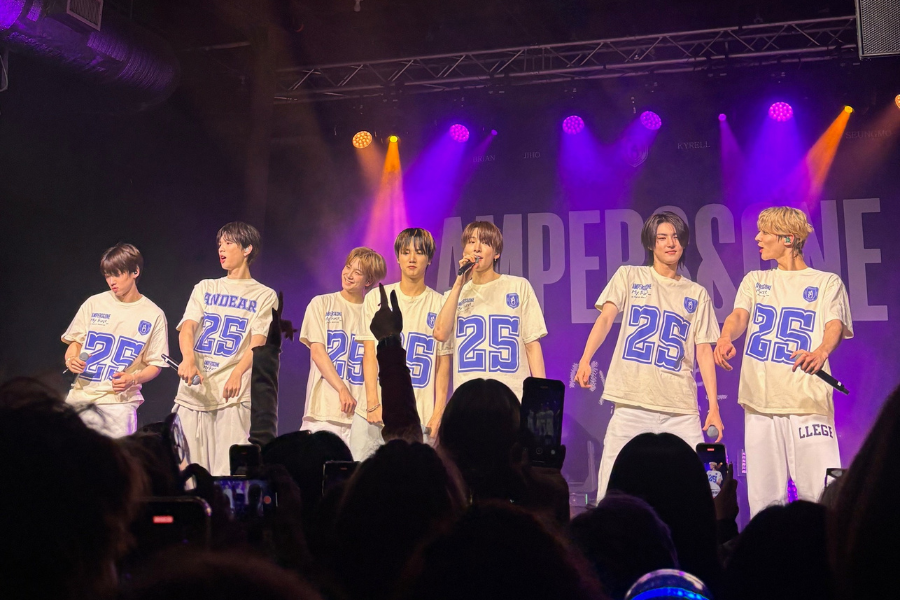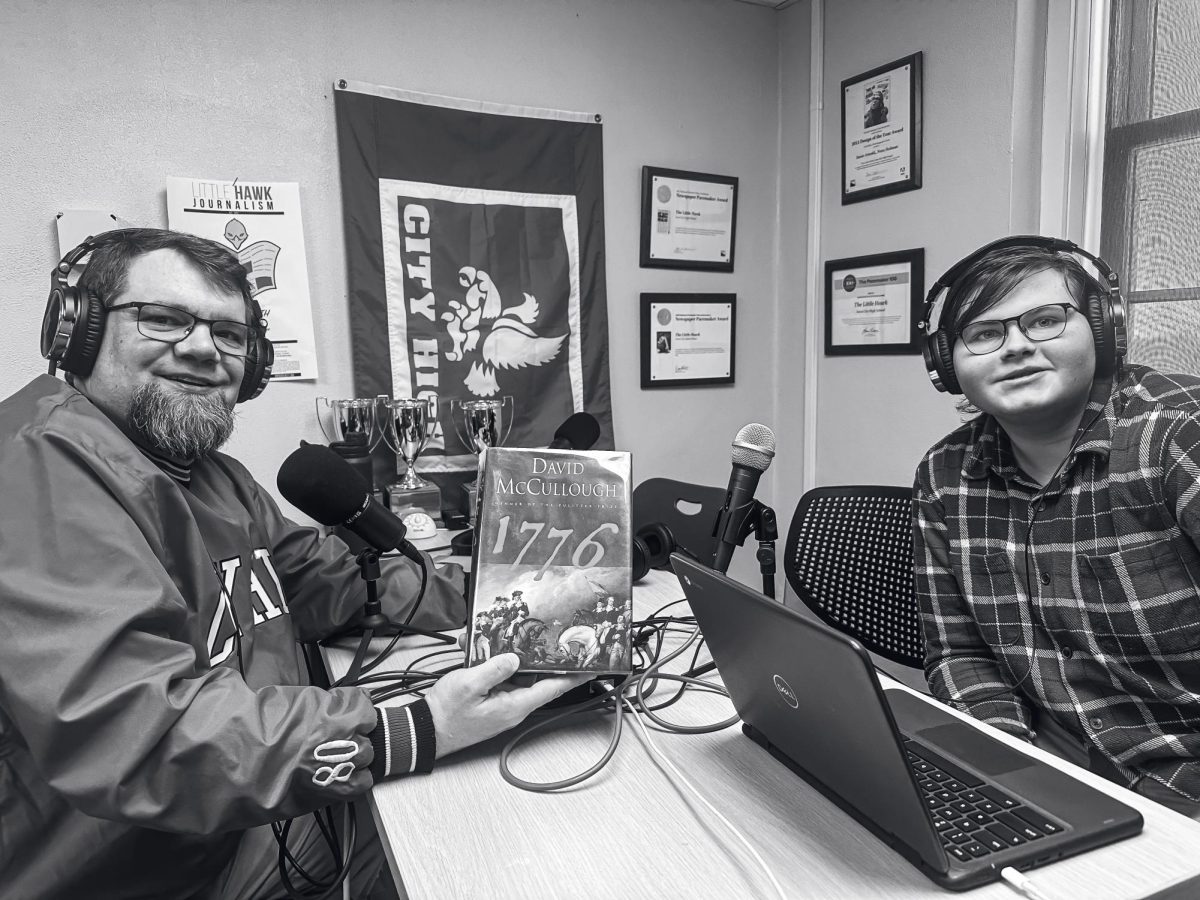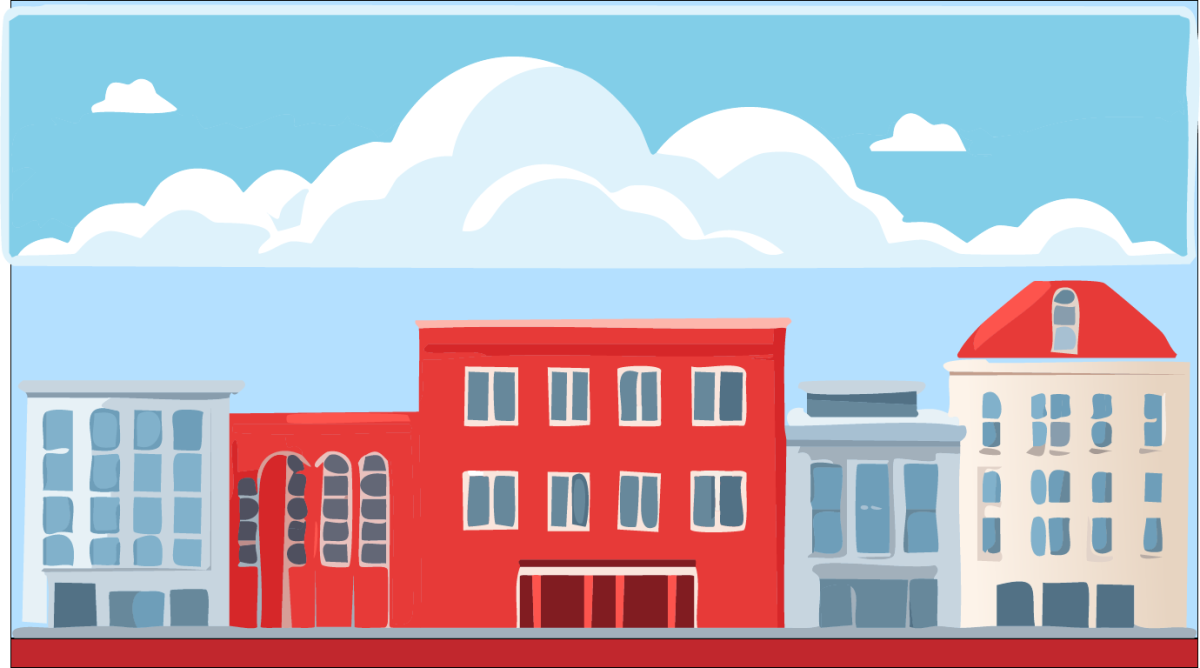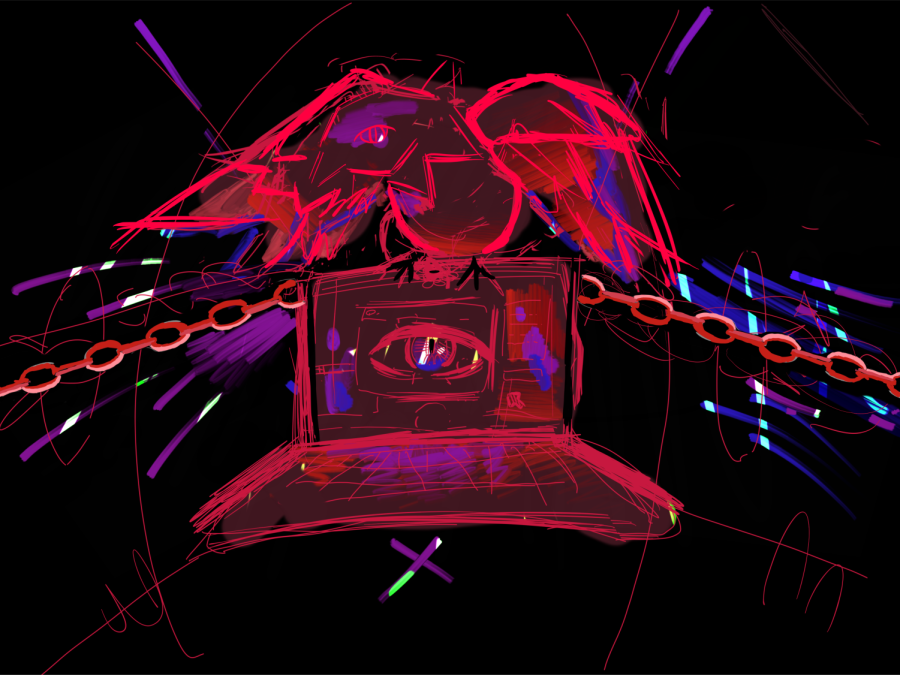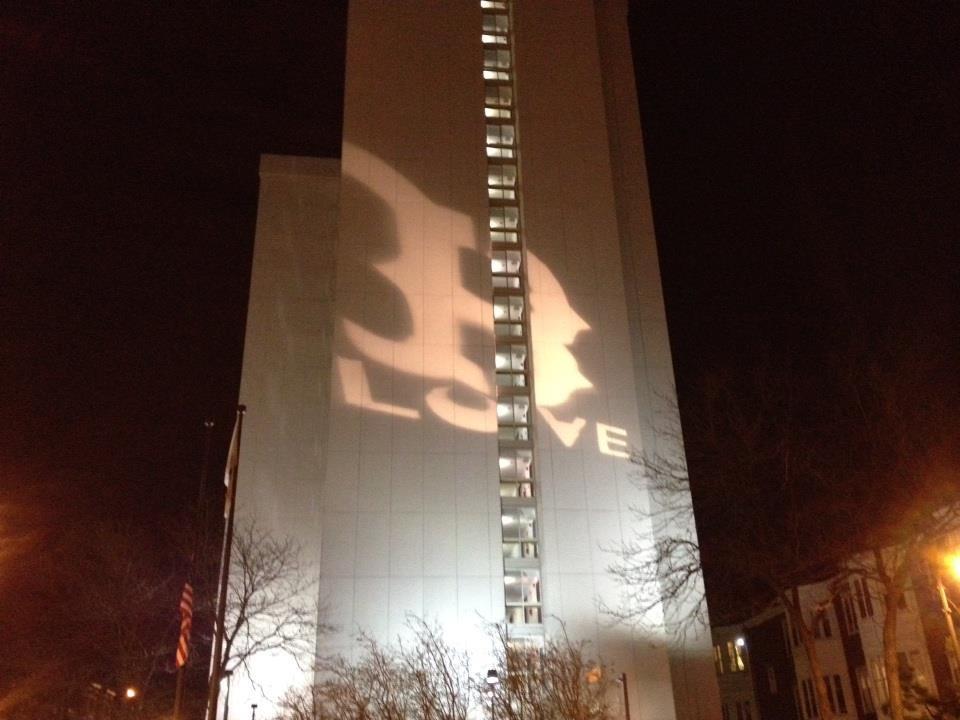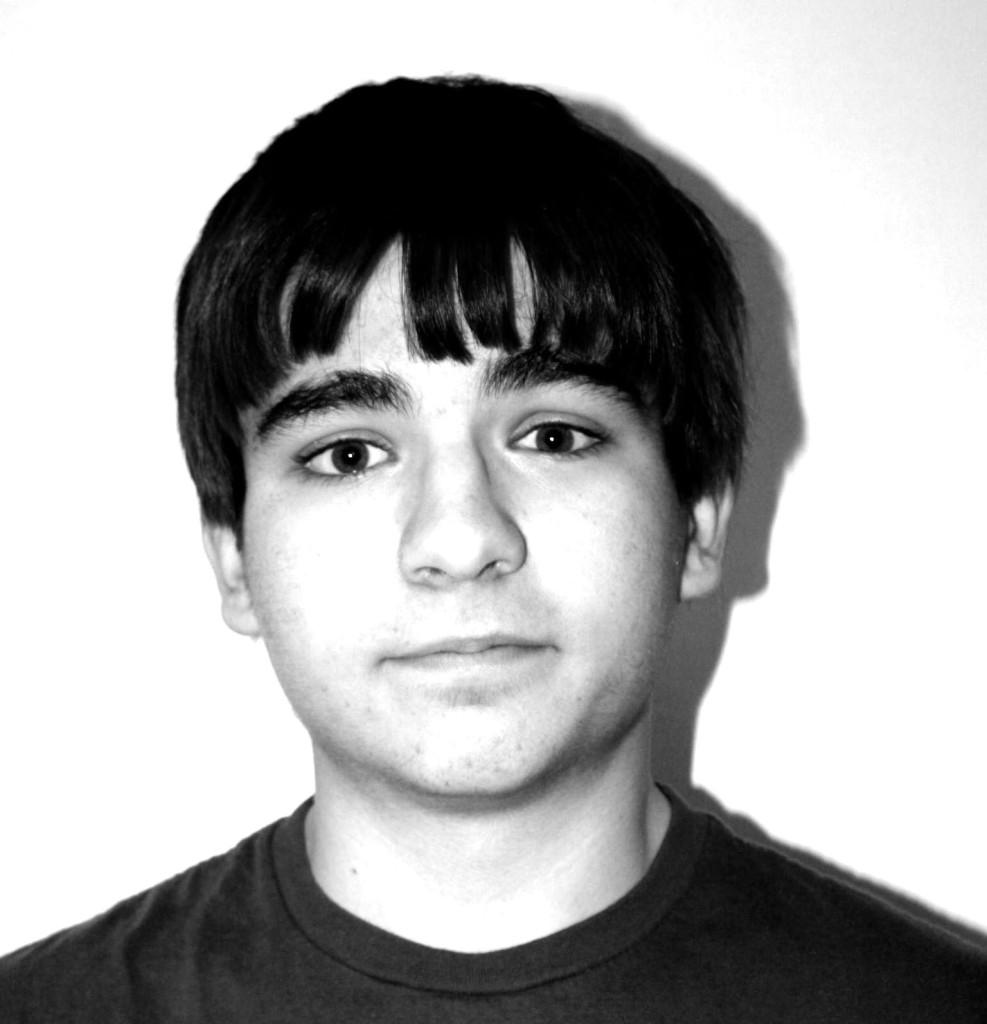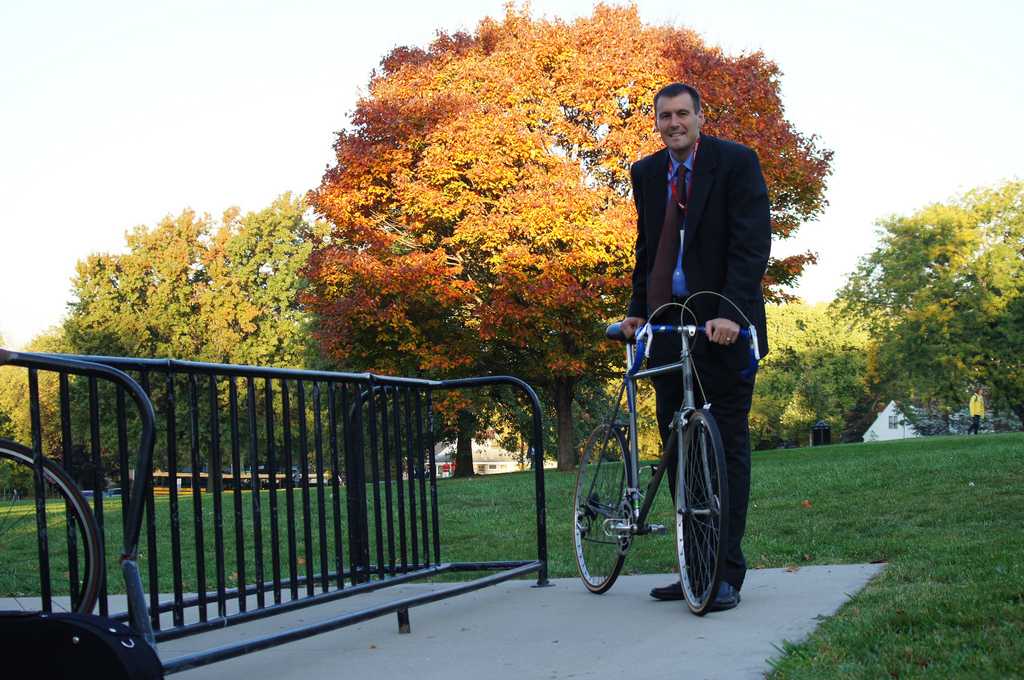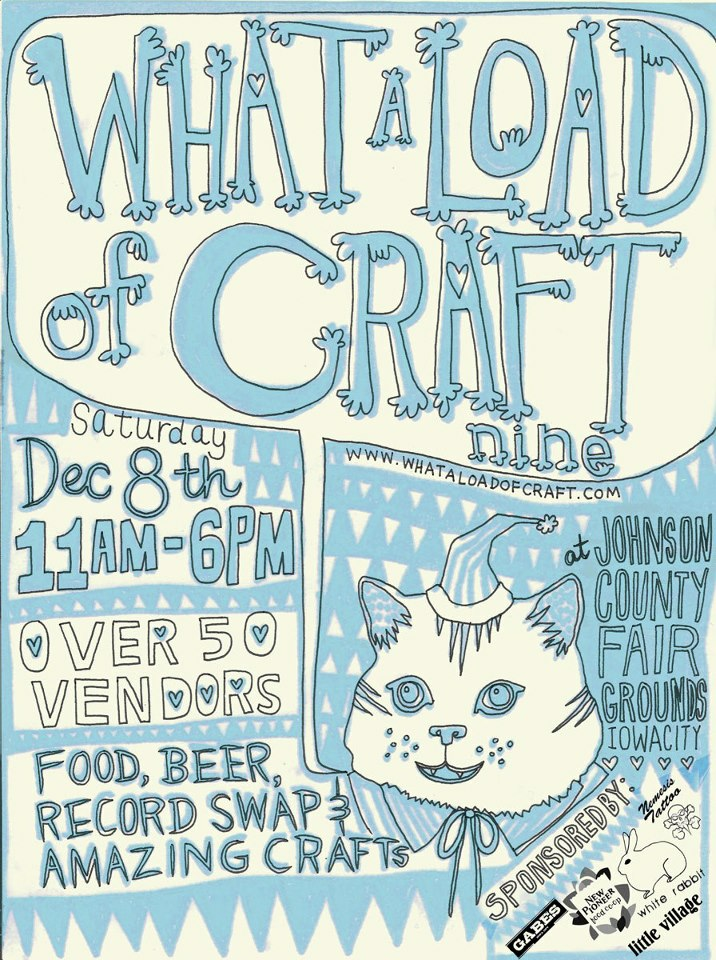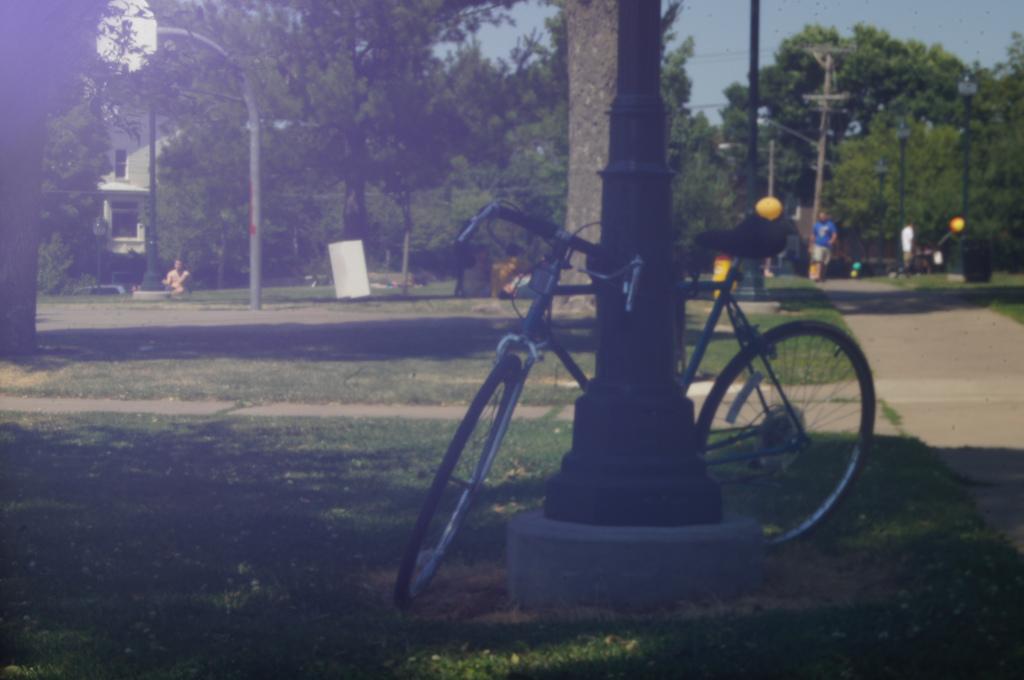Environmental Jumble
Assorted stories and thoughts from the ongoing pursuit of a greener environment
as pursued by your locally grown Little Hawk, Eli Shepherd.
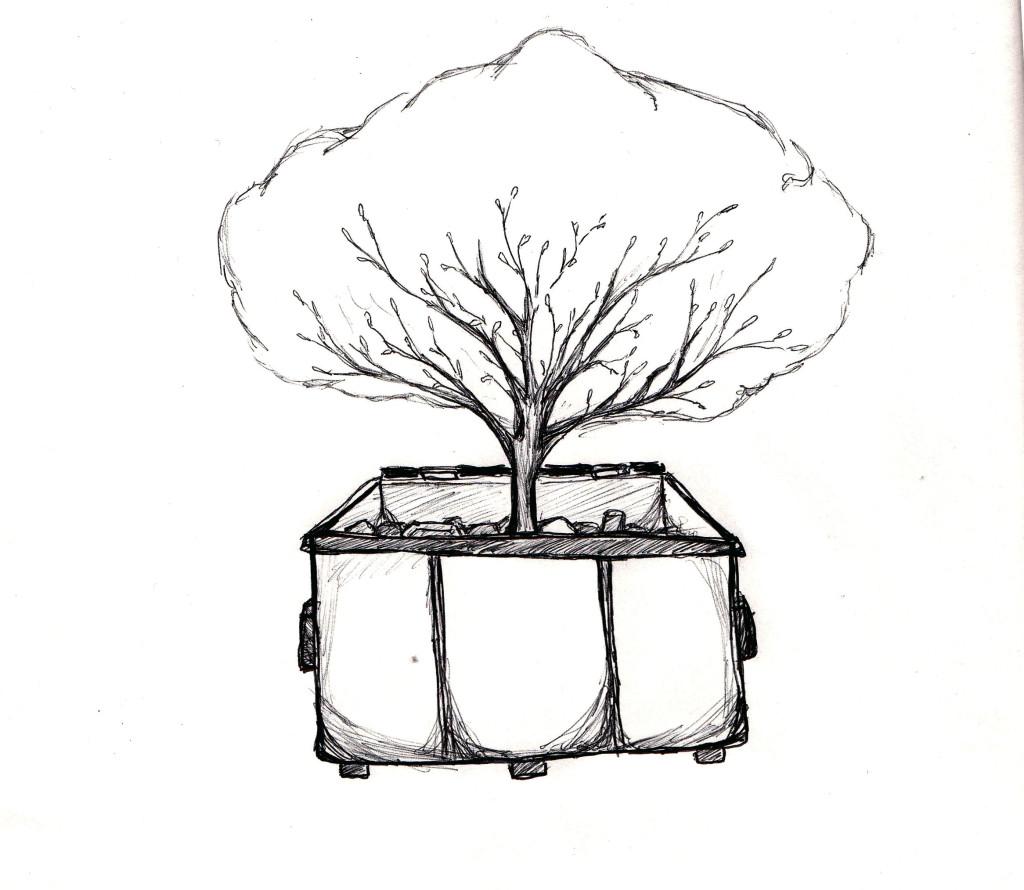
‘Waste not, want not.’ It’s the old adage, up there with the likes of ‘early to bed, early to rise…’ and all the other wisdom cliches. It represents the belief that those who think of others first and don’t dispose of potentially useful things, are better off for it. It’s so simple that it’s difficult to disagree with. Naturally, I don’t hear a lot of disagreement with the statement. These words actually being put into action, however, is an entirely different story; the more than 50 trillion pounds of waste produced each year (in the US alone) speak for themselves. Even with the huge success of recycling nationwide, that number is still on the rise. When we create waste, we trash our planet and subsequently our future.
As the Little Hawks fought to victory the night of September 9, Logan Cronbaugh ‘12 and I emptied water bottles taken from the recycling bins around the stadium, the entire time marveling at how little people drank before deeming their bottle finished and disposing of it. Several of the bottles had in fact, not even been opened at all. One bottle of water had been purchased with hard earned dollars and promptly disposed of. While I find it utterly fantastic that the plastic container was placed into the recycling bin and not the trash can, there is something ingrained in the minds of us all that is even more disturbing than the fact that brand new products are being directly disposed of. We as a people believe that waste is an unavoidable consequence of living. Or at least subconsciously.
“Don’t just dump that out it’s still good!” someone yelled, seeing me and Logan dumping the contents of the bottles into the grass.
At the end of the night, his argument still resonated. It was still good. So were all the other hundreds of bottles that failed to make it into the recycling at this one football game alone. Maybe 1500 people had created a small mountain of what was already waste or would eventually be waste, in just under three hours. And this was nothing new.
The average American generates 4.6 pounds of trash per day. This is not just a statistic, but a problem. A big one. One that adds up to 230 tons of waste in the US per year that produces huge amounts of greenhouse gas, and also pollutes ground water supplies in communities worldwide. Many communities have huge problems with asthma and developmental disorders due to emissions from nearby factories or contaminated air and drinking water thanks to the dump down the road. This is not just someone else’s problem, nor is it contained just to poor areas or factory towns. Contaminated air and water hurts everyone, and the direct consequences are spreading.
Just this summer, a fire in the Iowa City Landfill reminded us all of our huge pile of garbage just outside of town. Although no longer ablaze today, greenhouse gases still come from our waste each and every day. Our waste, our landfill, our problem. But it doesn’t have to be this way. Companies like TerraCycle take old chip bags and use them to create products like backpacks and pencil cases, from plastic products things like benches and picnic tables. They prove that it’s only really waste if you throw it away and that recycling doesn’t just have to be just in a bin.
While much of what I’ve written above consists of jumbled issues, statistics, and general discontent, there’s a whole lot we can do about it. A great place to start is to change the way you and the people around you think about waste. Waste doesn’t have to be a thing. If you can take initiative, maybe, just maybe, we can look back at today and wonder at how we threw all that away. If we can get the idea of waste out of our heads, we’ll all be better off. The concept of waste is the only thing we really need to throw away.




